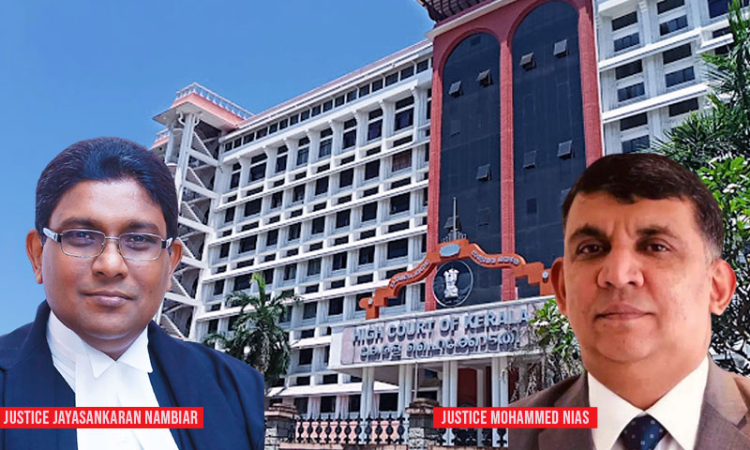Writ Petition To Initiate In-House Inquiry Against Judges Alleging Misconduct Not Maintainable : Kerala High Court
Hannah M Varghese
21 March 2022 3:45 PM IST

Next Story
21 March 2022 3:45 PM IST
The Kerala High Court recently upheld a Single bench decision that dismissed a couple of petitions seeking the constitution of an In-House Committee to probe into the alleged judicial misconduct against two judges.While dismissing a couple of appeals, the Division Bench of Justice A.K. Jayasankaran Nambiar and Justice Mohammed Nias C.P held that the In-House Inquiry was not a 'law' for a...
